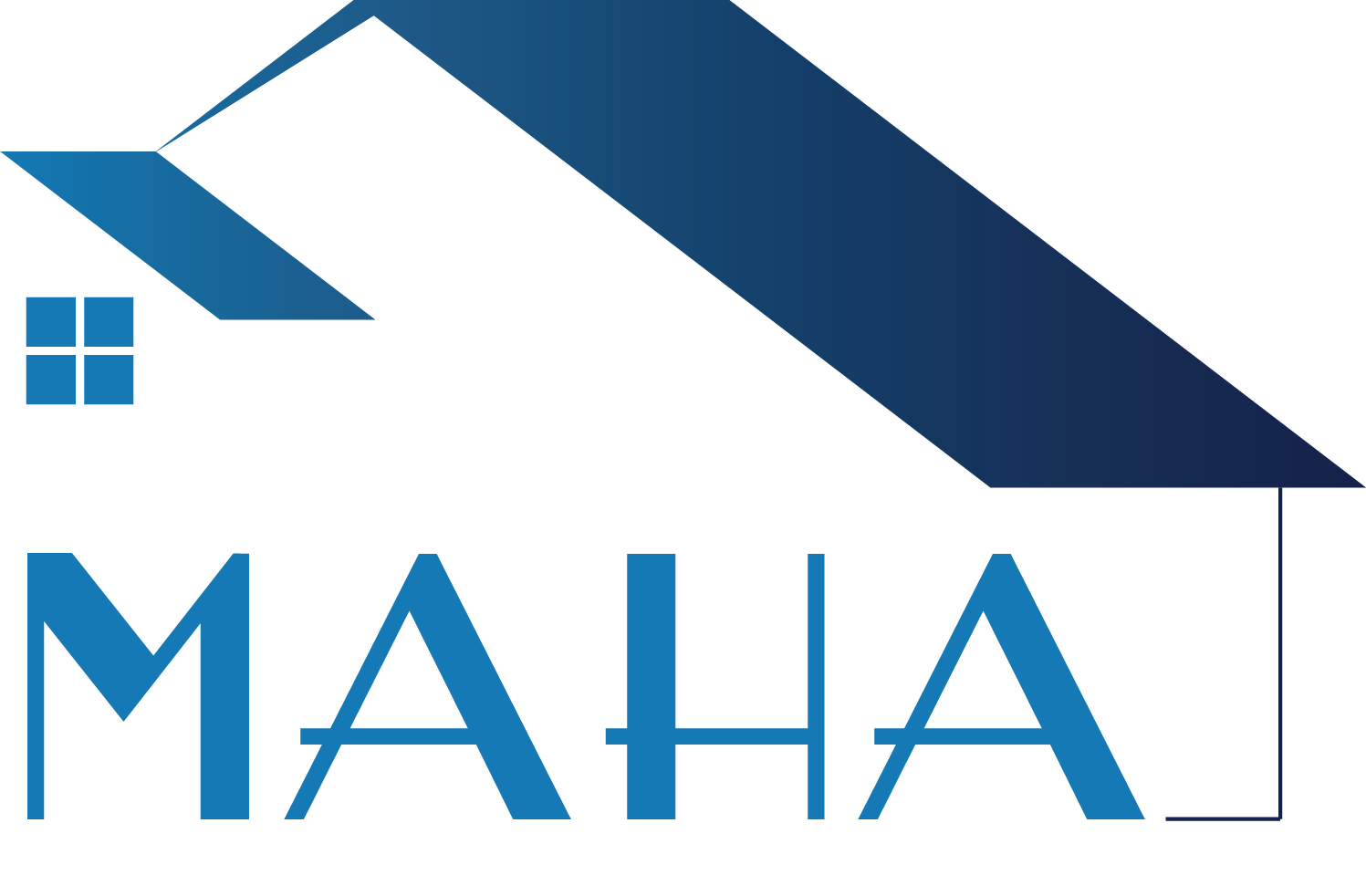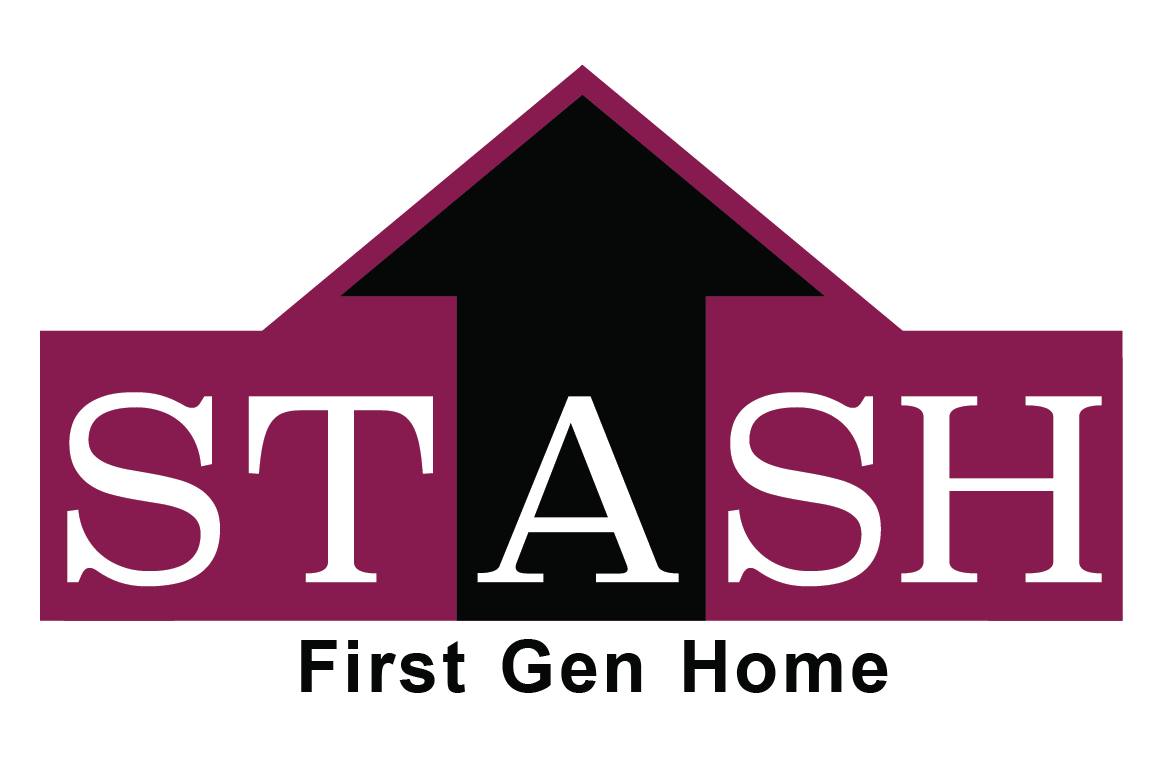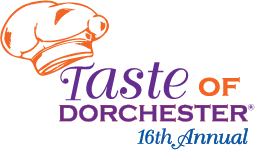Enabling First Generation Homeownership in Massachusetts was prepared on behalf of Massachusetts Affordable Housing Alliance (MAHA) by the following graduate students from Northeastern University’s School of Public Policy and Urban Affairs:
Elizabeth Harrington
Elliott Hibbler
David Nardelli
Dandy Xu
Executive Summary
The Commonwealth of Massachusetts has an infamously expensive housing market, indicating an uphill battle for tackling its historically racialized homeownership patterns, especially for many low-income residents. Several policies and programs exist at varying levels throughout the state to address this. However, racial wealth disparities persist for several groups, especially firstgeneration homebuyers. This population is left to compete with peers who are able to lean on family for both financial resources and financial literacy.
The Massachusetts Affordable Housing Alliance (MAHA), a nonprofit organization fighting for both public and private sectors to increase their support for affordable and sustainable homeownership, tasked this Capstone team to develop recommendations to improve their program for first-generation homebuyers. This program, entitled “Saving Towards Affordable & Sustainable Homeownership” (STASH) provides homebuyer education and matched savings for a down payment on a house in Massachusetts. The program, launched in 2019, is the first of its kind in the country and serves a population, first-generation homebuyers, that is not widely recognized by the public or policy makers.
Based on our collective research, this report outlines three recommendations that can help MAHA make first-generation homebuyer a legitimate designation:
1. Definition and Marketing the Term: Expand MAHA’s current definition of firstgeneration homebuyer and execute a multi-channel communications plan to raise awareness of the term among key audiences. Refine the definition as a population whose parent(s)/legal guardian(s) did not own a home in the participant’s lifetime. Furthermore, expand the definition to include those who were in the foster-care system.
2. Applicant Verification. Verify first-generation homebuyers by requiring an affidavit affirming the applicant meets the qualification, documentation of the identity of the applicant’s parent(s)/legal guardian(s), and a list of addresses where the applicant has lived with dates and which parent/legal guardian lived there.
3. Advocacy for Homeownership Policies. Down-payment assistance should continue to be the primary subsidy MAHA enlists for its STASH program. Participants should understand the tradeoffs of other subsidies such as deed restricted and shared equity
programs. Lastly, continued advocacy of policies that increase home construction in Massachusetts will increase the efficacy of this program and others like it.
Coupled with MAHA’s expertise in breaking down barriers for homebuyers, these recommendations will enable the organization to advance their STASH program to increase firstgeneration homeownership in the Commonwealth.






